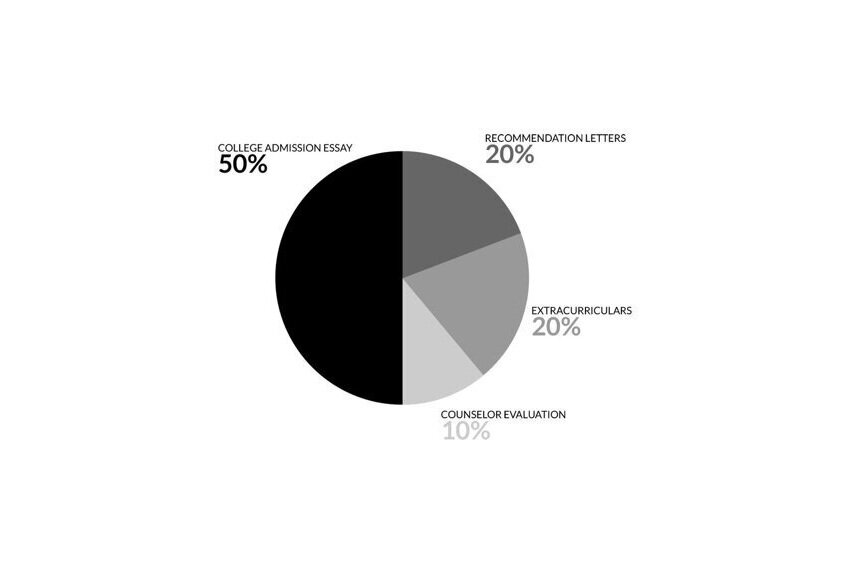While many schools--including many highly competitive institutions like Williams, Amherst, and Tufts--have announced that they will be test-optional for the 2020-2021 application season, the Ivies were staying silent on the matter. Until Wednesday, when Cornell announced that they were following suit. This is big news. But what does it all mean?! How do we contextualize this? Here are our thoughts:
Cornell is not an outlier.
We have a feeling that other Ivies are going to come out in alignment with this policy as time goes on, Cornell was just the first to do so. As mentioned above, there are dozens of other schools that have announced their shift to test-optional for the upcoming application season. Many of which are highly competitive and have historically relied heavily on SAT/ACT results in their admissions decisions. See the full list (that is being updated often) here.
Read the fine print. Always.
While testing is going to matter significantly less because fewer students will be providing that data point, it does not mean that testing will not matter at all. For athletes, for example, the requirement is not waived. And, if you really read the policy start to finish, Cornell says that they:
“will apply stronger scrutiny to non-testing elements during the upcoming review year for all applicants, whether or not they submit test results, but will also include a review of test results they receive.”
This is by no means a statement that testing will not matter. It’s data, so of course it will help you if you have strong test scores. But, in the absence of test scores, your other application components have to now be even stronger.
The weight of the application components are shifting.
It’s great that schools are recognizing that students are just not going to be able to access testing in a fair and equal way into the foreseeable future. We are fans of this shift, particularly because testing isn’t an equal playing field to begin with, but also recognize that this means that other parts of your application are going to be assigned different weights.
While typically students are filtered out in the first round of application reviews by their grades and scores and then further evaluated during the second round of application reviews, the process is going to change this year. With slightly less data and many students who won’t provide testing information, we predict that there will be a more time-intensive, holistic review during round one of application reviews.
We’ve published this graphic before highlighting “second round” admissions considerations in a past blog post on breaking down how to get into Yale:
The pie chart is obviously going to still be taken into account, but here’s how we predict the different sections might be impacted:
Because second-semester junior year grades are going to be evaluated with less weight, your grades before the end of junior year are going to matter more and be given more weight. The same goes for extracurriculars. And extracurriculars are going to be given nearly, if not equal, weight to grades, with a particular emphasis on how you spent your free time while remote learning. We’ve published guides to keeping busy during this time for freshmen, sophomores, and juniors alike. Read up.
And so...the essay still matters most. But now, more.
While we have always known the essay to be the most important part of your application, schools are going to be giving it significantly more weight because they won’t have as much data in other areas. The essay is going to matter even more. It was already the most important part but it’s become even MORE important within the context of your application.
We know this can feel overwhelming during a time that is already intense, so please let us know if you need some help making sense of this.

